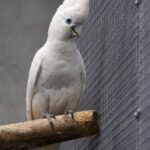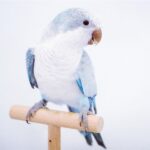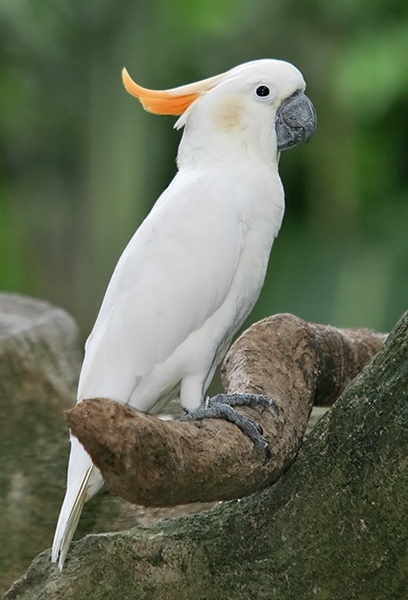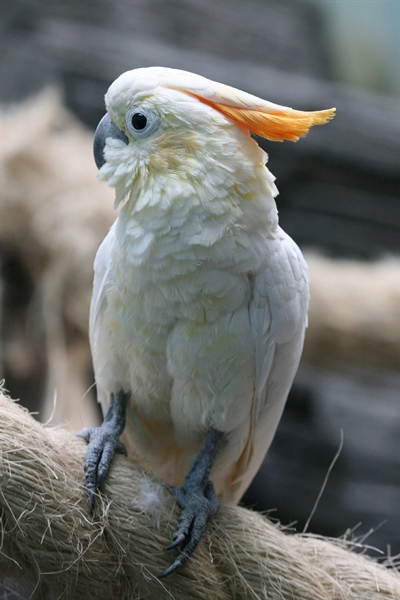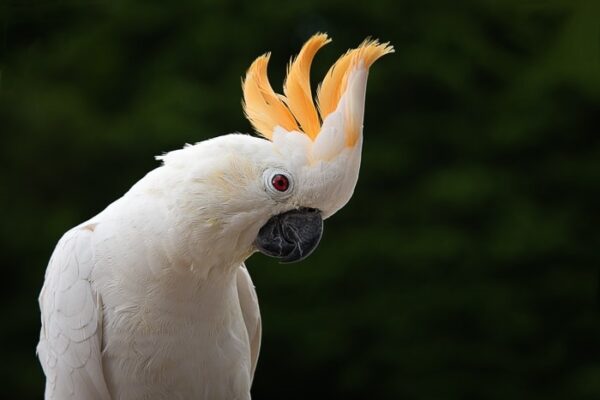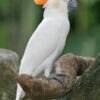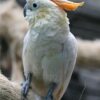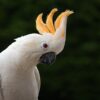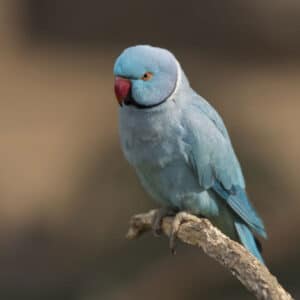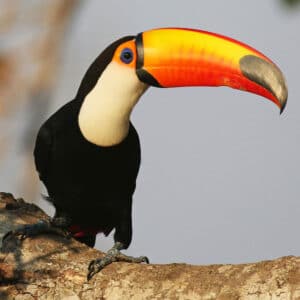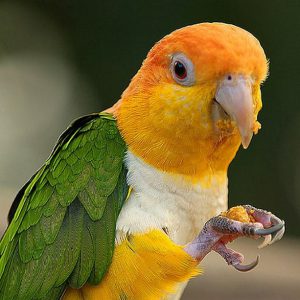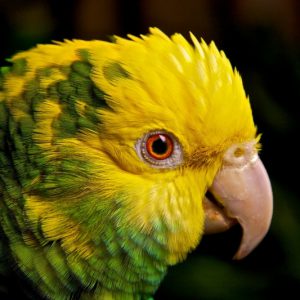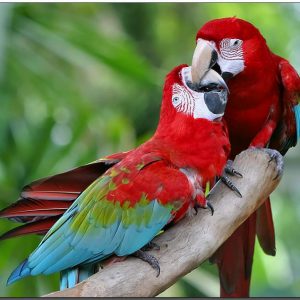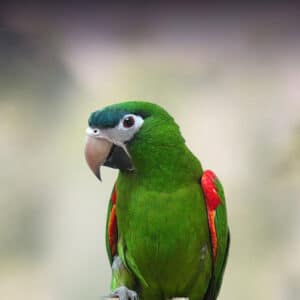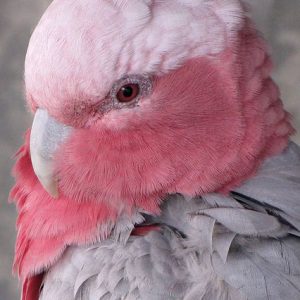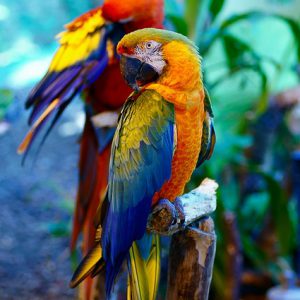Description
The citron cockatoo is native to Indonesia’s Lesser Sunda Islands and Sumba. It is sometimes called the Sumba cockatoo. Its preferred habitat is tropical forests, especially along the edge of those forests.
Parrots have been vaccinated free of charge for the following diseases:
– Colds, intestinal diseases – Monthly (VND 200,000/time)
– Profit book – Every 3 months (100,000 VND/time)
– Coccidiosis (Digestive of blood) – Every 3 months (VND 100,000/time)
– NewCastle (Cholera) – Every 4 months, birds stay at Pet Me 3 days (500,000 VND)
– Lung fungus – Monthly (VND 100,000/time)
– Asthma / Typhoid / Blood clots – Monthly (VND 100,000/time)
*** With the advice of Dr. Nguyen Nhu Pho – Lecturer at Nong Lam University, Ho Chi Minh City.
Pet Me Shop specialize in buying and selling Cockatoo Citron nationwide. We ensure that our parrots are beautiful and quarantined.
For further information, please contact:
Hotline: 091 709 6677 – 091 707 6677 (Mr. Tài)
Address showroom: Pet Me Coffee – No. 21, Street 6, Linh Chieu Ward, Thu Duc City.
Origin and History
The citron cockatoo is native to Indonesia’s Lesser Sunda Islands and Sumba. It is sometimes called the Sumba cockatoo. Its preferred habitat is tropical forests, especially along the edge of those forests.
Officially classified as an endangered species, citron cockatoos are critically endangered over its entire native range. Its population decline is due to habitat loss and illegal trapping for the pet trade.
Temperament
Citron cockatoos are quieter than most cockatoo species, but they still have big personalities and love to play and interact with their owners. This bird is a slightly more withdrawn cockatoo than other varieties, and it may take a bit of time to become acclimated to new surroundings.
Once it feels comfortable, the bird is curious, affectionate, and will want to be by your side as often as possible. This species recommended for a bird owner who has plenty of free time to spend with their pet. Cockatoos, in general, need more human attention than other types of parrots, and the citron is a classic example.
In general, all cockatoos are intelligent birds with the ability to learn to speak and do tricks like dance, wave, and play fetch.
Speech and Vocalizations
Birds who become talkers are most vocal early in the morning. Citron cockatoos are less skilled at vocal imitation than other members of the parrot family with learned vocabularies of no more than about 15 words and phrases. These birds are generally quiet by parrot standards, but they can make loud growling sounds that can suddenly escalate to very high-pitched, startling shrieks. Citron cockatoos are not the right choice for those who live in apartments or condominiums; their potential screams and vocalizations may bother nearby neighbors.
How to Teach Your Pet Bird to Talk
Citron-Crested Cockatoo Colors and Markings
Citron cockatoos are mostly white with pale orange patches on their cheeks, pale yellow on the undersides of their wings and tail feathers, and a bright orange crest that clearly distinguishes them from the other sulfur-crested subspecies, which have yellow crests. The citron cockatoo has dark gray feet and grayish-black beaks.
Males and females look identical. The only noticeable difference is that males have black eyes, while females have brown eyes. This difference is only apparent in adult birds; maturity occurs between 3 to 5 years of age.
Caring for a Citron-Crested Cockatoo
Like all cockatoos, they are social birds that require a lot of human interaction to remain emotionally healthy. Citrons that feel neglected will quickly resort to screaming and destructive behaviors. If you’re unable to interact with them, some owners report that their birds appreciate having a television or radio left on; they are especially fond of music.
While citrons are among the smaller of the cockatoo species, these birds still need plenty of living space. The minimum cage size for a citron cockatoo is one with a 4-foot long by 4-foot wide and at least 4 feet tall. Bigger is better; an aviary setting is ideal.

